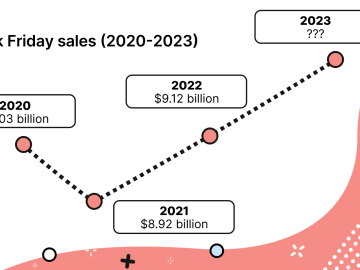Many countries have seen an increase in deaths and hospital admissions, as well as other alcohol harms, since the Covid-19 pandemic.
That has been coupled with hospitality businesses such as bars and and restaurants struggling post-lockdown.
The researches from the University of Stirling’s Institute for Social Marketing and Health (ISMH) reviewed evidence from international studies and legislation in the UK and abroad.
Read More:
Funded by the National Institute for Health and Care Research (NIHR), identified four possible ‘sweet spot’ policy areas to explore.
The first was alcohol pricing measures such as minimum unit pricing (MUP), which is already in effect in Scotland, and alcohol taxation.
MUP was introduced in May 2018, with Scotland the first country in the world to bring it in, with prices set at 50p per unit.
From the end of September that will rise to 65p to reflect inflation.
The second policy area looked at was regulation of online sales, including rapid delivery services.

The researchers examined policies governing online alcohol sales and home delivery in 77 jurisdictions across six English-speaking countries (USA, Canada, UK, Ireland, Australia, New Zealand).
Most jurisdictions (69 %) were found to have either temporarily or permanently relaxed regulations for alcohol home delivery during the pandemic.
Restricting delivery speed was considered one means of reducing alcohol consumption by reducing ‘the convenience factor’ and potentially benefiting more vulnerable consumers.
The researchers also looked at ways to encourage the growth of food or arts focused venues using the local alcohol licensing system, rather than those primarily focused on selling alcohol.
The fourth area was violence reduction interventions focused on late-night venues, including changes in serving or closing times.
These potential policy interventions were then discussed with internationally recognised academics at two expert workshops.
Both higher alcohol taxes and introducing MUP where it was not in place, were highlighted as the most effective means of reducing alcohol consumption and harms without impacting negatively on restaurants, bars or clubs. In these venues, MUP has no effect on the price of alcohol sold and tax makes up a much smaller proportion of sales prices.
Highlighting evidence from Scotland and elsewhere, experts noted that higher shop prices had had little or no impact on bar or restaurant trade.
Regulating online sales of alcohol; such as by restricting the quantity, delivery speed, price promotions and free delivery offers for large orders, and ensuring alcohol is not available online at lower prices than in physical stores, was also assessed as having good potential as a ‘sweet spot’ policy.
Professor Niamh Fitzgerald, who led the study, said: “During Covid-19, bars and restaurants were closed and restricted whilst sales of alcohol from shops increased. Alongside this, changes in alcohol consumption patterns led to increased health harms and alcohol-related deaths with health consequences. Post-Covid, governments face lobbying to support such businesses, but many health services remain under pressure.
“In setting alcohol policy going forward, there are inevitable trade-offs to be made and therefore ‘sweet spot’ policy options, which can protect public health and health services whilst minimising harm to hospitality businesses, may be important to consider.
“Our findings suggest that the recent Scottish Parliament decision to increase the minimum price on alcohol is a good example of a sweet spot policy. Given our assessment, other nations – such as England and Northern Ireland – can be confident that minimum unit pricing would not negatively affect pubs and restaurants.”




